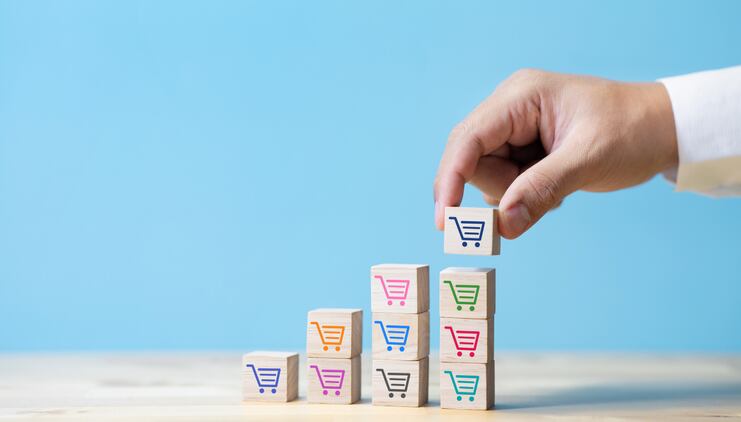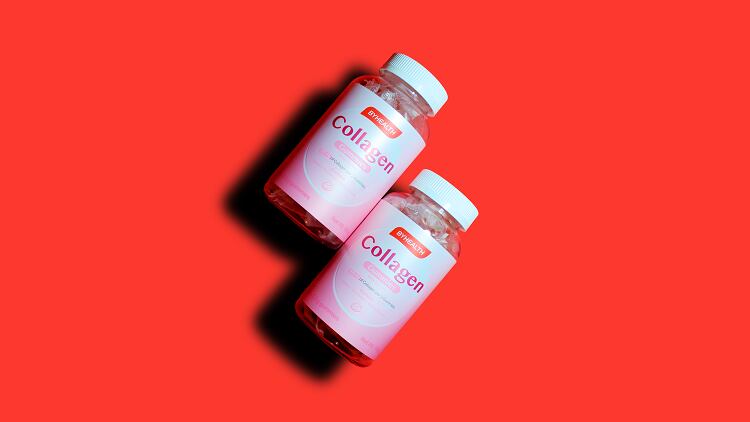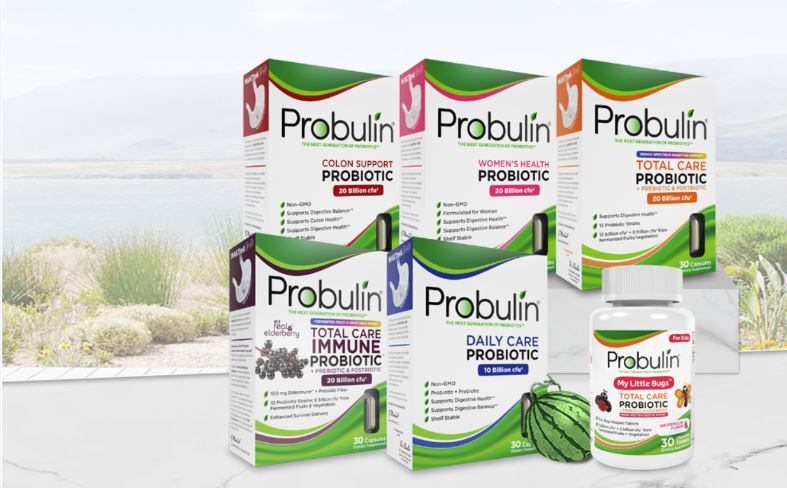The FMCG giant has been on an acquisition spree for health supplement brands in recent years, with OLLY, Onnit, SmartyPants, and Liquid I.V as examples.
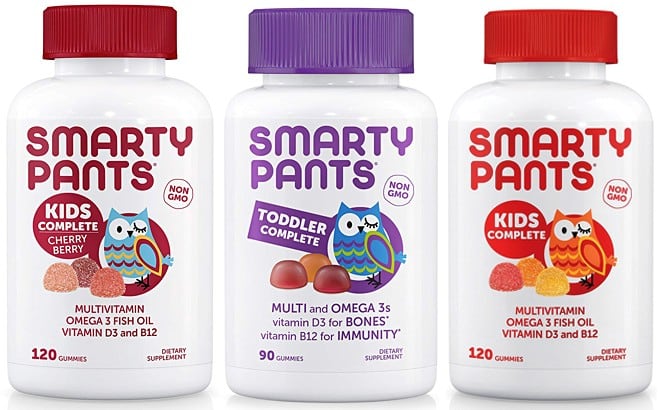
Addressing a wide variety of health concerns, these brands consist of products for beauty, immunity, physical fitness, mental wellbeing, catered to consumers of different ages and even pets.
With COVID-19, the demand for health supplements is greater than ever, particularly in the e-commerce space, and Anusha Babbar, Global Director Ecommerce and Digital Business Model, Health & Wellbeing, Unilever, has identified four emerging trends in this area.
Consumer trend 1: A lifestyle pursuit
The Millennials and Generation Z view health as a lifestyle pursuit and are the core consumers driving the online sales of supplements, Babbar pointed out.
“Young consumers, particularly Millennials and Gen Z, perceive health and wellbeing differently from the generations before them and view health as a lifestyle pursuit.
“They seek ways to adapt their lifestyles to include vitamins and supplements and are on the lookout for benefit-led solutions that are backed by science.
“Our research is showing that there has been an acceleration towards younger consumers shopping for products under the preventative health care category via ecommerce platforms,” she told NutraIngredients-Asia.
To meet consumers’ lifestyle needs, the company has designed products for quality sleep and relaxation under the OLLY gummy supplement brand.
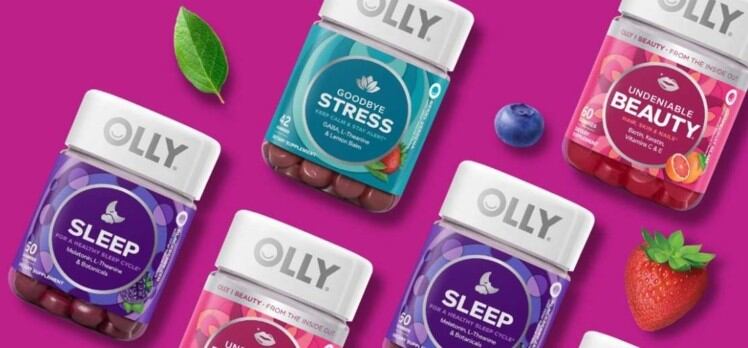
“We knew that consumers are looking for solutions to get good, restful sleep, and launched OLLY Sleep in Singapore in the beginning of 2020. To date, OLLY Sleep is one of our most successful launches.
“To meet the rising consumer demand for immunity products during this pandemic, OLLY Active Immunity was also launched in Q4 2020.”
Citing GlobalData’s released in November last year, she added that Millennials were over twice as likely to buy more vitamins as compared to the baby boomer generation due to the COVID-19 pandemic.
Consumer trend 2: Online shopping as leisure
Asian consumers see online shopping for health supplements as a leisure or even an entertaining activity, and thus, online reviews, product browsing, and participating in shopping festivals are part of their online shopping ritual.
“This approach has led to an integration of tools from other parts of the digital economy, including recommendation, community, and entertainment together with one core proposition, which is value for money.”
In contrast, grocery shopping is considered a chore and consumers would prefer a fast and efficient experience outside of Asia, she said.
“We need to recognise that in Asia, shoppers want a more entertaining shopping experience versus a more outcome-led behaviour in Western markets.
“Browsing is an important part of the shopper behaviour in Asia, unlike a very search-led behaviour in the West.”
Various forms of online shopping entertainment have popped up in the past two years. Livestreaming is an example which has quickly picked up steam in China.
Asked whether the numerous online shopping events such as Double 11 and Super Brand Days have led to shopping fatigue, she said that these should be considered as ways to attract new shoppers to the brand and category due to the overall buzz around the festivals.
In fact, the company has noticed a surge in new shoppers during such festivals.
“Our data shows that 70 per cent of OLLY’s shoppers during shopping festivals are new to the brand, which shows the power these festivals bring in reaching incremental consumers and driving brand penetration,” she said.
What are brands doing 1: Digital-first
With e-commerce as a fast-growing platform, more brands are choosing to launch their supplements online first, and some may not even carry their products offline eventually.
For Unilever, the company has adopted the digital-first approach when introducing OLLY to China and Singapore.

“In fact, within just a few months of launch during key e-commerce events, OLLY became one of the top 5 vitamin and supplement brand on e-commerce in Singapore,” she said.
In Singapore, OLLY is sold online in Watsons online, Redmart and Lazada, it is also available offline in Watsons’ physical stores.
In China, it is available in major e-commerce platforms Tmall and JD.com.
What are brands doing 2: Direct-to-consumers
Direct-to-consumer is another emerging approach for supplement brands, where brands sell their products directly to consumers via their websites.
For Unilever, Babbar said that a large part of the Liquid I.V.’s portfolio involved the selling of products directly to consumers from the brand’s website.
Liquid I.V.’s products come in powder stick formats for hydration, immune, sleep and energy needs.
“Through its flagship site, Liquid I.V. is able to help convert and retain consumers, and this direct-to-consumers arm of the business continues to prove itself as a growth engine for the brand,” she said.
It also offers limited edition flavours and premium product bundles launches and visually appealing educational content to engage the consumers.
Aside from harnessing the right retail channel, she highlighted the need for brands to differentiate themselves from others and establish credibility to win consumers’ trust.


